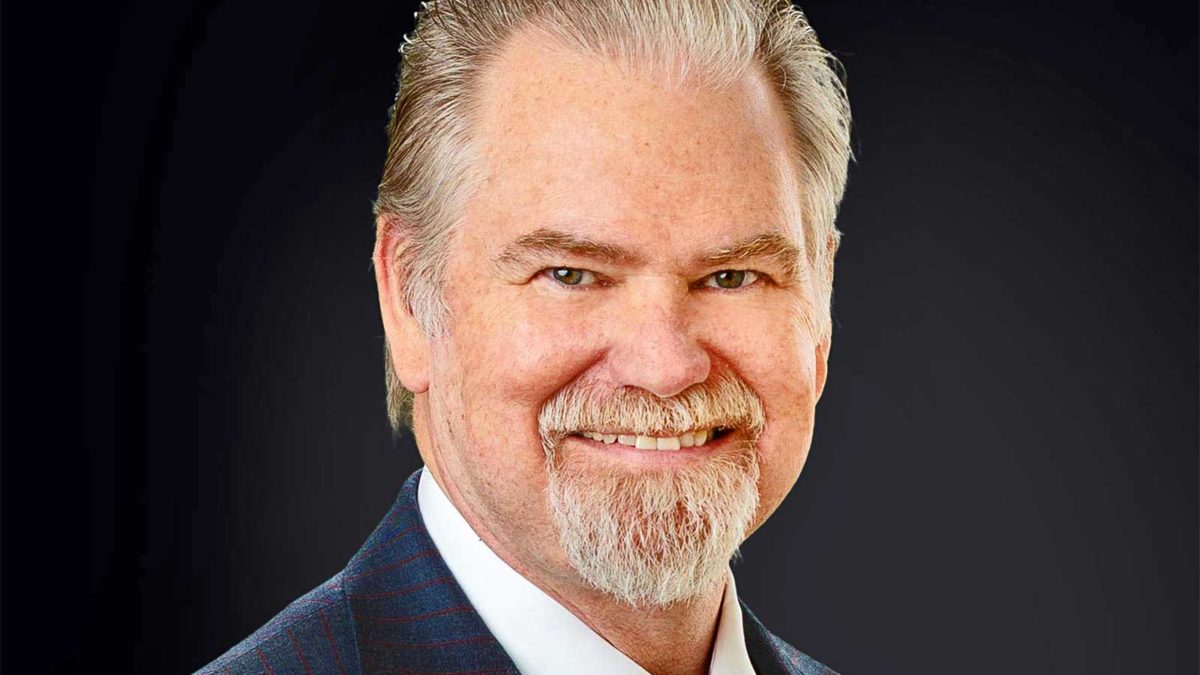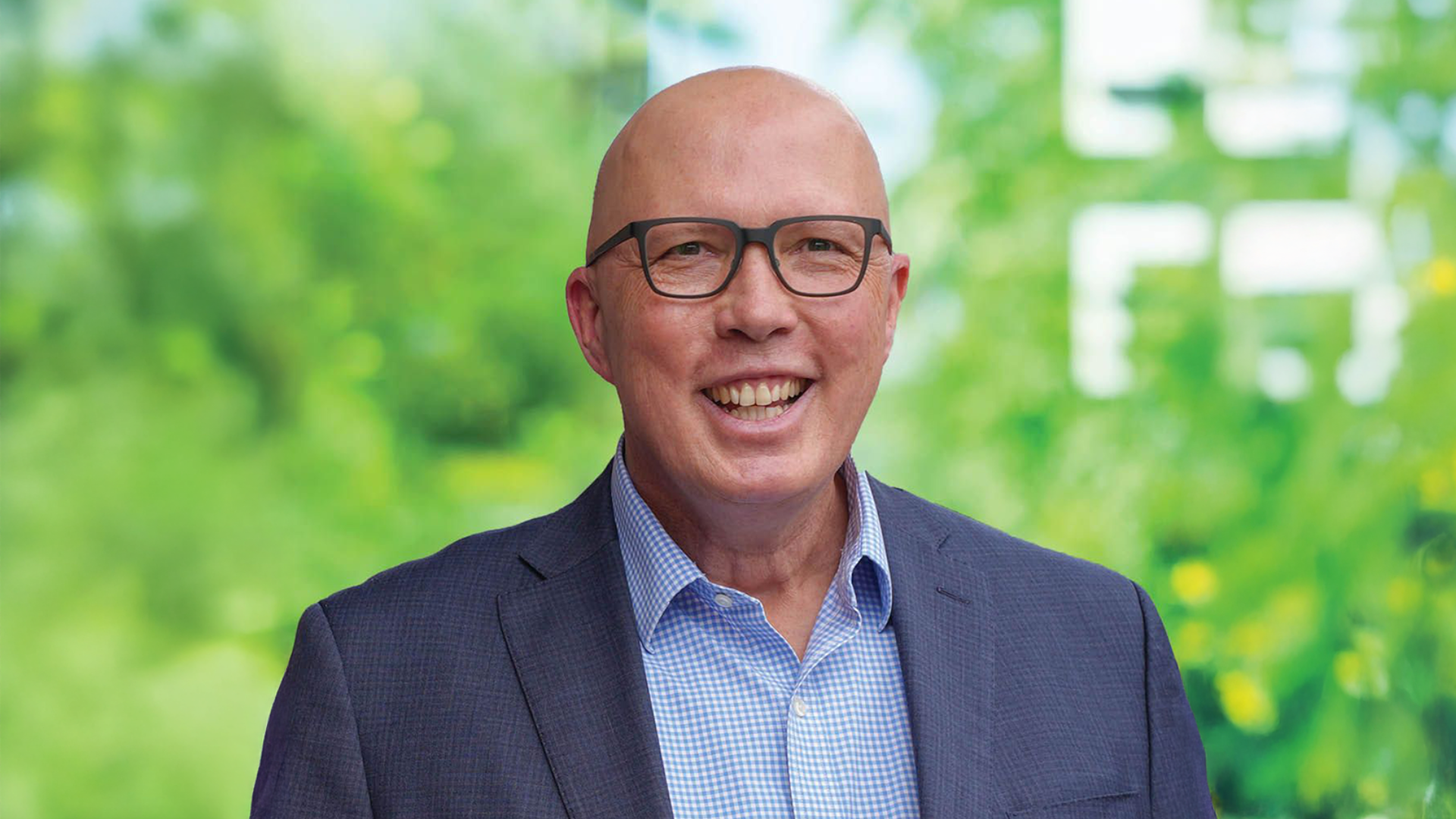Rob Arnott: ‘Sell the top dogs’
Rob Arnott, the founder and chairman of Research Affiliates, addressed investors on the unanswerable question as to what happens next following the recent rebound in fortunes for value managers.
His webinar, on August 5 (US time) begged the question of when it will happen, but he left the audience in no doubt about what was most likely to happen, at some stage, probably sooner rather than later.
His firm, often credited with being the major force behind the smart-beta trend, has been built not only on quantitative research, but also on the academic principles behind value investing. Like all good quant managers, Research Affiliates studies long periods in history for guidance. Like all good value managers, it has needed to do so in recent years as their performances have languished in the wake of tech-heavy growth managers globally.
And one easy way for the average institutional equities portfolio to outperform when the growth premium turns lower, is to sell the “top dog” stock, currently Apple.
Arnott’s logic goes: There have been eight number one listed companies for size in the past 40 years – top dogs – and four out of the eight disappeared from the top 10 list altogether, while seven out of those eight underperformed sufficiently to lose their mantle, over subsequent 10-year periods.
The average annual return to shareholders from the top dogs between 1980 and 2021 is 3.3 per cent a year. The average return for the top 10 is 7.98 per cent a year. But the average for the developed country MSCI global index is 9.49 per cent.
“The top dog typically makes up 1-2 per cent of a portfolio and, therefore, it is self-evident that you will outperform by leaving out that one company. If you exclude the top 10 you will also outperform,” he said.
Nine of the current top 10 are companies which have technology as a core differentiating skill. The index is even more concentrated at the top by tech companies than in the tech bubble of 1999-2000.
“How many will still be in or near the top 10 in 10 years’ time? If history is a guide, it will be two or three,” Arnott said.
The current list is in order of size is: Amazon, Saudi Aramco, Microsoft, Amazon, Alphabet, Facebook, Tencent, Tesla, Alibaba, TSMC and Berkshire Hathaway.
There are only two survivors among these which date back 10 years, to the top 10 of 2010 – Microsoft and Apple. The other eight in 2010 were: Petro China, Exxon, ICBC, Wal Mart, China Construction Bank, BHP Billiton, HSBC and Petrobas.
While share market bubbles are common enough throughout history, “anti-bubbles” also occur, but less frequently. This can present opportunities for making money too.
A current example, Arnott said, was the state-owned enterprises listed in China. These companies were often shunned by institutions and foreign investors because they might be called on to do a Chinese corporate version of national service.
However, Arnott said, they were offering a dividend yield of 5 per cent. “Even if you just grew that by the rate of inflation, a net return of 5 per cent is very healthy in a low-rate environment.”
And, as a word of advice: “What you don’t do is short a bubble. Stocks can fall a lot faster than you think is possible.”











